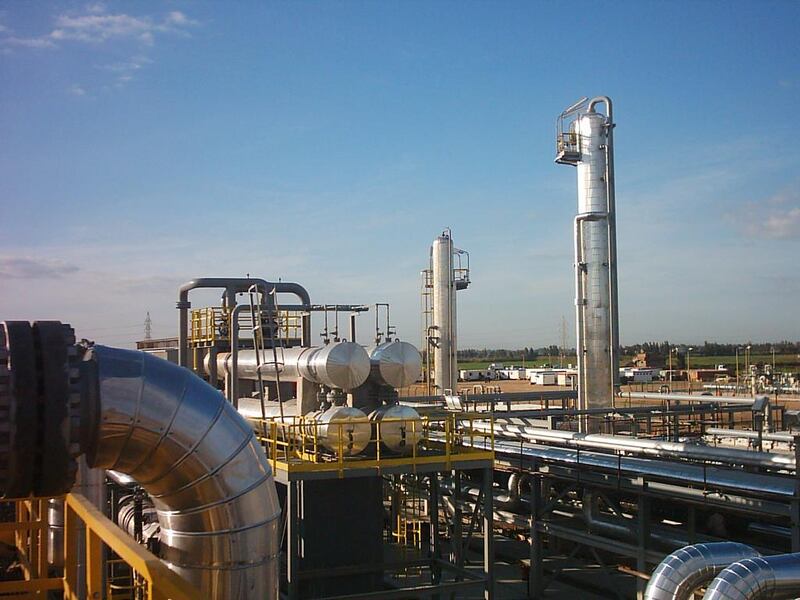Egypt has given final approval for Sharjah-based Dana Gas to start work on a Mediterranean block. The UAE company remains bullish on Egypt’s economy even as the country’s government owes it hundreds of millions of dollars.
"The Egyptian government ratified the issuance of the block and now it will be handed to Dana Gas," said Robinder Singh, Dana's director of investor relations.
“We are very clear about our strategy in Egypt. We see a significant potential in its growing hydrocarbon market — which grows an average of 7 per cent.”
The approvals were signed late on Wednesday. Dana shares were unchanged at 90 fils yesterday.
In April 2013, Dana was awarded a 100 per cent working interest in the North El Arish Offshore Block concession area. The area is located off the Nile Delta in the Mediterranean Sea in waters up to a kilometre deep, according to Dana’s website.
Egypt, the most populous Arab country, has been struggling to meet local demand from natural gas. The government's fuel subsidy has taken a toll on the national economy, which has gone from gas exporter to importer in recent years.
The government is heavily indebted to foreign oil companies, and some are selling assets in the North African country.
Last December, the government released payment of US$1.5 billion to foreign oil and gas companies. Dana received $53 million, but still awaits $277m of unpaid invoices.
At the time, Dana said that it was in discussions with the country’s leadership in connection with its dues.
“We are still waiting when Egypt releases its balance of payments,” said Mr Singh, without giving a timeline for the government payment.
Robin Mills, the head of consulting at Manaar Energy in Dubai, said: “Long term there’s a great potential in Egypt. Certainly, there’s a lot of gas that has been discovered and there’s more to be discovered.
“If the government improves its gas price for foreign companies in a few years’ time, they could explore and discover more. But it’s keeping the gas price low for companies to keep it low for people.”
Mr Mills said that eventually the Egyptian government will be financially pressured to lift subsidies on gas and oil, although such a move would be politically unpopular.
In January, the British oil and gas company BG Group issued force majeure notices on its LNG agreements in Egypt because of unexpectedly high diversions of gas to the domestic market.
And last August, US-based Apache sold $3.1bn worth of Egyptian assets to China’s Sinopec, reducing its exposure to Egypt’s turmoil.
But Dana says it is not deterred by the country’s trying times.
“We are not short-term players. We are there for the long term,” said Mr Singh.
selgazzar@thenational.ae





